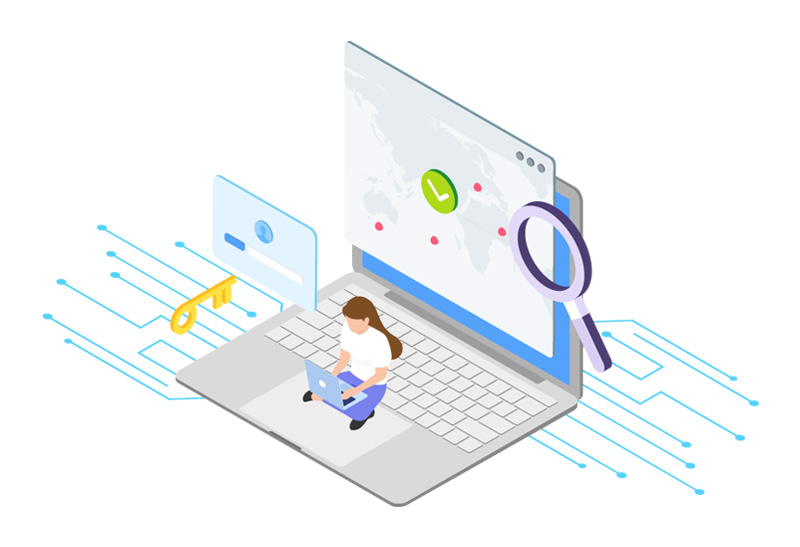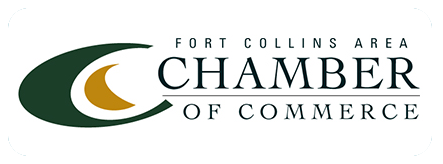… work from home efficiently and safely.
Secure Remote Access protects data and IT resources when users, either remote employees or third-party contractors and partners, need access to corporate and cloud network resources. Secure Remote Access also ensures complete endpoint security using technologies such as IPSec or SSL VPNs that both authenticate users and encrypt data end-to-end.
IPsec encrypts data sent between systems and can be identified by IP addresses for Secure Remote Access deployments where Layer 3 network tunnels are established between peers. SSL VPNs provide Layer 6 encryption services for Layer 7 applications via local client redirection and tunnels TCP protocols. IPsec and SSL VPNs can be used simultaneously depending on the technology need or remote access use case.
SSL VPNs use the Secure Sockets Layer protocol or Transport Layer Security (TLS) protocol to provide secure, remote-access VPN capabilities. SSL VPNs also enable internet-connected devices to establish a secure remote-access VPN connection with a web browser. Organizations use SSL VPNs for Secure remote Access to prevent unauthorized parties from eavesdropping on network communications, and exfiltrating or corrupting sensitive data.
For privileged access to critical systems, Secure Remote Access solutions may utilize risk-based multi-factor authentication (MFA) to strengthen security against unauthorized access or users, role-based access controls (RBAC), and user contextual identity requirements for access. When using Secure Remote Access with multi-factor authentication (MFA), additional user identity attributes are required for granting privileged access to servers, databases and web resources.
Third-party identity provider (IDP) solutions such as Microsoft Azure AD, AWS Identity Management, Google’s Identity platform, Okta, and DUO Security provide Secure Remote Access capabilities that can be controlled and managed at the individual or group level for granular, privileged access to IT resources, regardless of location.
Secure Remote Access Benefits
Secure Remote Access benefits include granting IT administrators secure, context-aware access to servers, network devices and Infrastructure-as-a-Service (IaaS) resources and controlling access to specific datacenter and cloud-based resources without using legacy VPN technology.
Privileged Access Management (PAM) using Secure Remote Access establishes control over specific resources through isolation and attack surface reduction to help eliminate the risk of cyber-attacks. Privileged Access Management also helps to prevent unauthorized privilege escalations, pass-the-hash attacks, pass-the-ticket attacks, spear-phishing or Kerberos compromises.
Additional Secure Remote Access benefits include providing IT administrators and DevOps teams access to servers, network devices and IaaS with the ability to launch SSH and RDP sessions directly from web portal-based solutions or local clients.
Technical Framework Secure Remote Access Service
Technical Framework provides Secure Remote Access solutions on demand. Secure Remote Access systems are an essential piece of all IT security programs that help mitigate data breach and compliance risks by authorizing access only to users for specific resources either on-premises or in the cloud. Technical Framework offers Secure Remote Access implementation services using the latest solutions from major IT security solution providers and best practices to help clients ensure their IT security postures and regulatory compliance.





